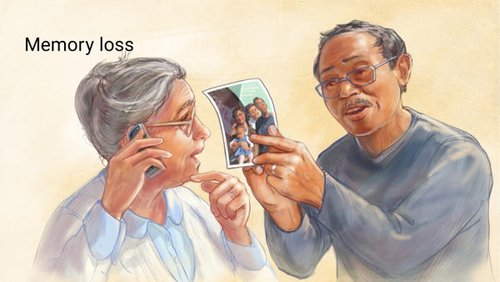A drug initially developed to treat type 2 diabetes has been found to significantly reverse memory loss in transgenic mice genetically engineered to develop a form of Alzheimer’s disease similar to humans. British and Chinese researchers, led by Professor Christian Holscher of Lancaster University in the United Kingdom, conducted the study and recently published its findings in the journal Brain Research.
On its website, ALZ.org, the U.S.-based Alzheimer’s Association explains that “Alzheimer’s is a type of dementia that causes problems with memory, thinking, and behavior.” The statistics on Alzheimer’s is quite alarming as ALZ estimates that as of 2017, 5.5 million Americans are living with Alzheimer’s dementia and that one in 10 people over the age of 65 are currently suffering from this debilitating disease which is currently the sixth leading cause of death in the United States.
A definitive diagnosis cannot be made until after death, however doctors and healthcare professionals such as those at any primary medical care center or urgent care clinic can conduct a complete medical assessment which includes the patient’s medical history, mental status testing, a physical and neurological exam, and other testing to rule out other ailments with similar symptoms. There is currently no known cure for Alzheimer’s disease and no significant treatments for its symptoms.
This new study brings hope to those committed to finding effective treatments for Alzheimer’s disease. The research was based on earlier studies which found that type 2 diabetes is a known risk factor for developing Alzheimer’s and speeds up the progress of the disease. Professor Holscher and his colleagues tested a drug that is a ‘triple receptor agonist’ on the lab mice in this study that were given a maze learning test. The mice that were given the drug showed significantly improved memory formation along with improvements in other measurable factors. According to Professor Holscher, “ here we show that another triple receptor drug shows promise as a potential treatment for Alzheimer’s but further dose response tests and direct comparisons with other drugs have to be conducted in order to evaluate if this new drug is superior to previous ones.”
